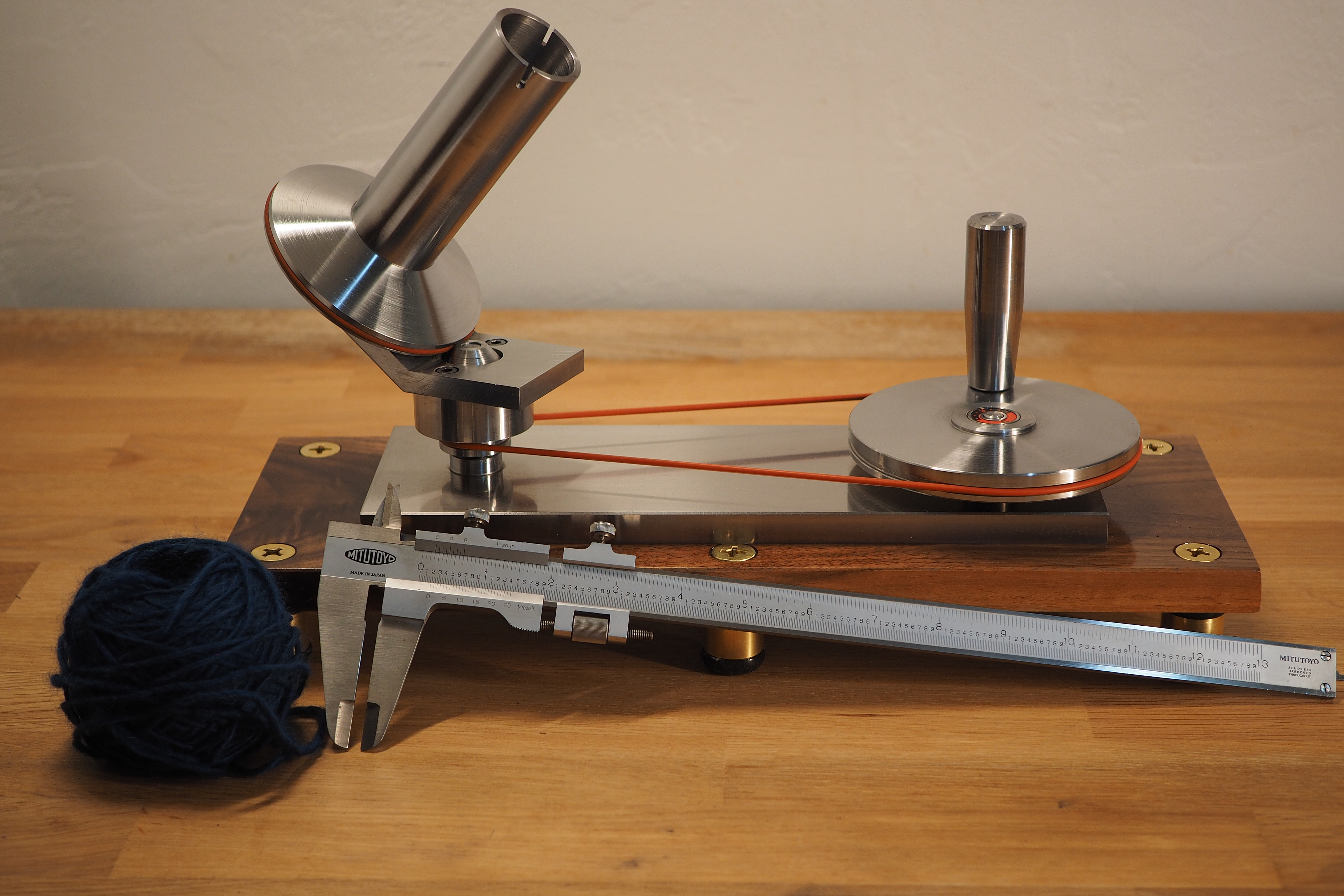Hi everyone. I am feeling like I’ve lost any direction after getting laid off earlier this year (was working as an analyst in telecom and very recently landed a much lower position in healthcare data entry due to necessity). I already have several hobbies but I am either burnt out on them or they have lost their luster (similar to how life has lost its luster for me this past 6 months).
I would really love to learn a new skill, preferably using my hands to create something while challenging my brain. I’m willing to take classes, study, practice, and buy some equipment required for the skill.
Please tell me about your skill/hobby that gives you purpose. I’ve kind of exhausted google search which always returns the same 20 or so craft suggestions like “make custom invitations for weddings”, and while that sounds good for someone, it may not be good for me.
Current hobbies: Music composition and gardening,
EDIT: trying to move away from hobbies that involve me sitting in front of a computer. I already do that way too much.


I have a small machine shop where I make little doodads out of metal. All of my equipment is manual. If I want to cut metal on my lathe or mill, I’m spinning handwheels and engaging power feed levers. I then have to sit there, watch the beautiful blue steel chips fly, listen to the sound of the cut, and wait for the cut to be finished so I can turn off the power feed. Then I turn off the machine, get out my micrometers, carefully measure my cut, and do it again until I’m done. Then, I take the work out of the vise or chuck, grab my file, debur all of the sharp edges (I love the sound of a good file knocking off metal burrs), and get to work on the next part.
It’s intensely peaceful. Machining tools are relatively quiet and stately (power woodworking tools scream like evil demons). Small hobby tools are slow, so you always have plenty of time to enjoy yourself. It requires a lot of planning and thinking, and it helps you develop a much more attuned mechanical touch. You get to make really cool shit out of the best material (i.e. metal), and it’s a genuinely useful skill. I do software development, and I spend way too much time sitting at my desk. Machining is my escape.
One downside is that it can be expensive. Good tools cost money and good metal costs money. I’d guess that I have $20K invested in my shop, but I’ve also been doing this for 7 years now. The initial investment isn’t that high. You can save a lot of money by making your own tools, which I didn’t always do. Used tools are also a really great option (except for measuring tools, sometimes you have to buy those new). To get metal for cheaper, go to nearby machine shops and ask nicely if you can buy scraps from their offcut sections. If you tell them that you’re learning machining, they’ll be very likely to oblige!
The other downside is that it requires you to be careful. Human flesh is soft compared to metal. Machining is only dangerous if you’re incautious, but I feel like it’s important that I bring up safety when I recommend machining as a potential hobby.
If you’re interested, check out Blondihacks on YouTube. She has some great videos on how to get started with your own hobby machine shop. I also really like Clickspring and This Old Tony. Clickspring has some good project videos on his channel, and TOT is hilarious and educational.
Here’s the thing I’m most proud of making. I adapted the design of a 3D printed yarn winder to manual machining and built it from scratch. All of the metal parts started out as raw stock (everything is 4340 steel, except for the base plate which is ductile iron). The base is black walnut. The little feet are brass, with sorbothane feet on the bottom.
Honestly, that’s really beautiful. I can tell you have a lot of passion for your hobby. I am going to look into this and subscribe to the youtube channels you listed. Thank you!
It’s definitely been life-changing for me. I never had the “touch”. When I’d do stuff around the house, I’d put in screws at crazy angles and drill holes in the wrong places on walls. I never felt like I could fix or build anything. Machine tools let you build crazy shit without relying on your visual reasoning or coordination. You want a hole at a spot? Move the handwheels to that spot and you’re there. There’s no fucking around. That built up my confidence, and the stuff that does require spatial reasoning (like using a file to turn a round hole into a square one) happens slowly enough that you can make mistakes and still be okay.
If you decide to get into it, I’d recommend getting a lathe first. if you can’t afford a mill, a drill press is still very useful. You can do almost anything on a lathe if you try hard enough, and a drill press makes some things a lot easier. Blondihacks will have a lot more to say about it, but I believe that’s her recommendation.
Ha ha, read this wonderful piece through thinking, sounds great but what would I ever make? And then omg, yarn winder. I’m a knitter, and my yarn winder is a plastic monstrosity. I mean I’m never going to do it myself, but there definitely is a market for beautifully machined yarn winders.